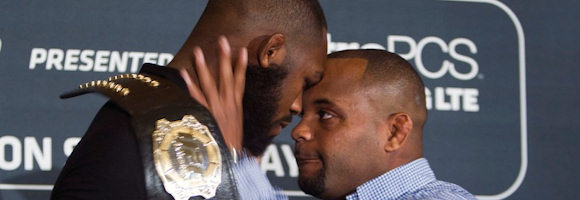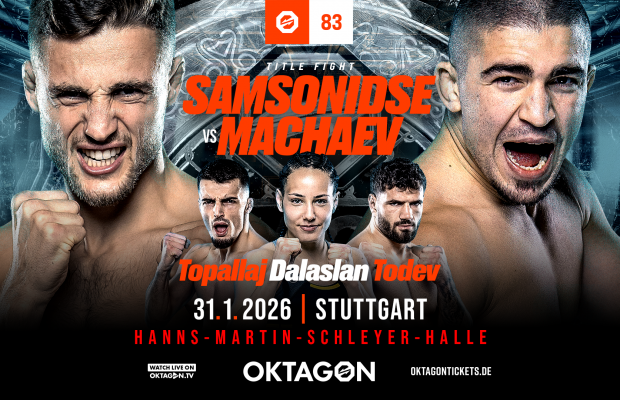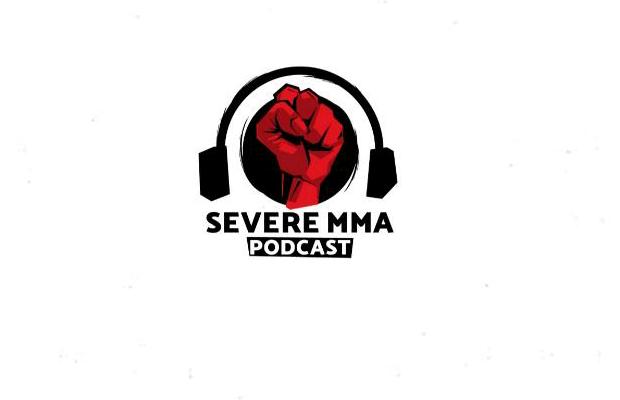
Tell me a story.
Two men – the best fighters in the world – don’t like each other They really don’t like each other. The champion, a conceited young phenom who has bulldozed through a division of feted veterans, takes on the challenger, a decorated wrestler who many believe has the raw power and strength to mow this upstart down.
They can’t stand the sight of each other. They can barely be seen in the same room as each other, because the last time they did it erupted into violence in a hotel foyer. And even when they’re in separate TV studios the hostilities continue both on and off air – much to the delight of social media.
That was the story for Saturday night’s blockbuster UFC 182 main event between Jon ‘Bones’ Jones and Daniel Cormier. A simple story at its core: a rivalry. A deep-seated personal rivalry that simmered over time until the two protagonists could settle their differences inside a 710 sq foot cage. In front of a rabid live crowd and a huge US television audience paying sixty bucks apiece for the privilege, Jones and Cormier traded leather for the right to call themselves Light Heavyweight Champion of the World.
A simple story for a simple business. Years ago I remember a veteran promoter describing the fight game to me as “bad blood, bullshit and ballyhoo” and laughing at its honesty.
Looking back, I wonder if we have made it too complicated.
I read the comments of Robin Black, one of the most articulate voices this sport has to offer, about how we focus too much on rivalries and not enough on the beauty of the craft. He’s right that a greater appreciation of the extraordinary techniques these athletes are showcasing can only benefit us all. Though I disagree that it is a direct result of an obsession with personality.
If anything, we haven’t told enough stories. At least good ones.
Take the case of CM Punk, a man who reached the top of a profession through fifteen years of life on the unrelenting professional wrestling circuit. If he makes it to any kind of level in the UFC, and the odds are stacked against him, it will be the most remarkable underdog story since Matt Serra cocked his fist at Georges St-Pierre and hoped for the best. It’s a journey that the UFC, in partnership with FOX, should be chronicling so that we, the viewers, can appreciate the mountainous scale of the task Punk faces to succeed. Given the outcry that greeted his signature, if he fails, then the UFC fails with him.
Take the case of Demetrious Johnson, a boy raised by a deaf single mother, born into a life of immediate struggle. A boy whose slight stature made him a target for the type of bullying that can rob fragile young people of the innocence of childhood. A boy who turned to sports as a means of self-fulfilment. And when he transitioned into adulthood, he became a family man who fought the world’s elite whilst still holding down a warehouse job to pay the bills. A man who now, as UFC flyweight champion, stands utterly peerless as the greatest 125lb combatant on earth.
Or maybe even the controversial Conor McGregor, who two years ago was earning little more than a subsistence wage on the European scene. Through belligerent self-belief, charisma and no shortage of ability the Irishman has barged his way into the riches of the UFC title picture.
In the case of Punk, Johnson, McGregor and so many others we’ve forgotten the backgrounds that make them so special. The unique personal stories that fuel their hunger and passion to make it to the top in a sport so cruel and unforgiving that many fall by the wayside.
Why?
In recent times we’ve become fixated with figures. We’re obsessing over records, rankings and pay-per-view revenue. An over-emphasis on politics, rather than personalities, has changed the nature of our conversations.
The duty of care doesn’t fall solely on us. The UFC – and more importantly the fighters – must do more to help us invest in their stories. They need to make us care so that each and every time they put their safety on the line, the audience treats it with apprehension rather than apathy.
Perhaps the UFC could do worse than seek the counsel of Jim Ross, former Head of Talent Relations at WWE, more commonly known for his excellence behind the microphone. Ross was a key component in helping WWE superstars ‘getting over’ as they call it in wrestling parlance. He understands the importance of people investing in athletes and their personas, so that the audience follows them on their journey. How useful could his wisdom be to a roster of supremely talented fighters struggling to make themselves heard?
Back to Vegas and a crestfallen challenger. The sight of Daniel Cormier, who has suffered great personal loss in a life marked by tragedy, breaking down in tears backstage will be one of the more enduring images of 2015. It was a gut-wrenching reminder of the zero-sum nature of this sport.
And what of the victor? After the press commitments were finished a triumphant Jon Jones took a moment to stand tall in front of the media, drenched in his UFC gold, not unlike a king surveying his empire.
It was the end of a fascinating story. One steeped in emotion and human conflict.
Now tell me another.
By @RalphWelchMMA










You must be logged in to post a comment Login